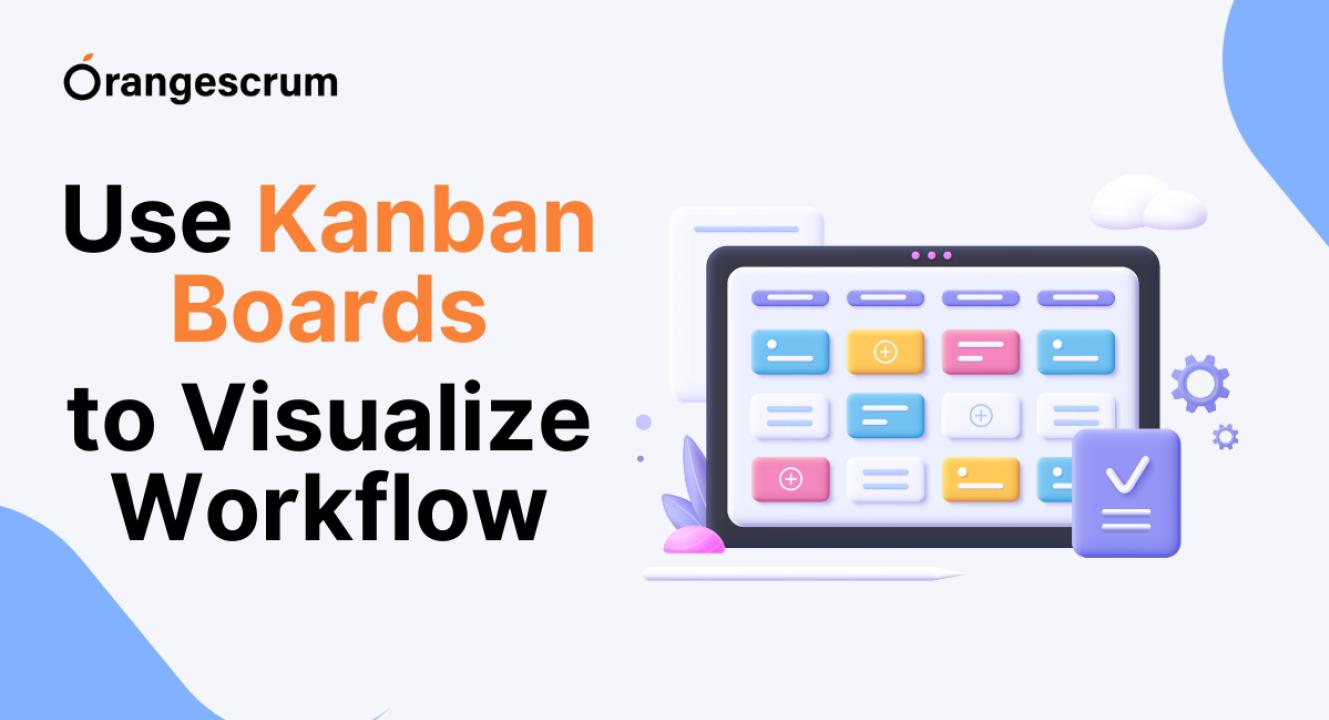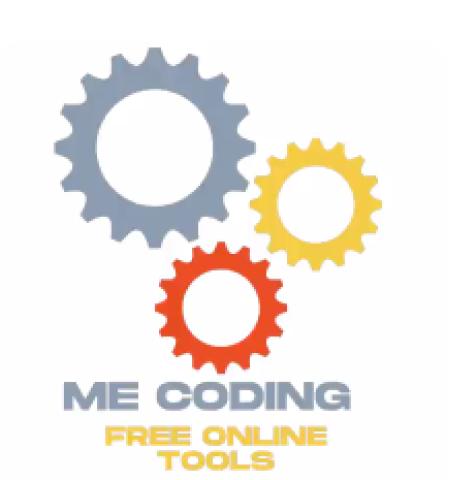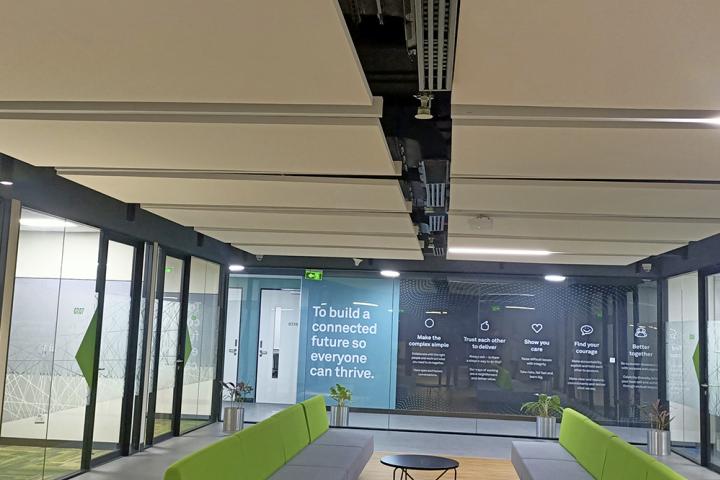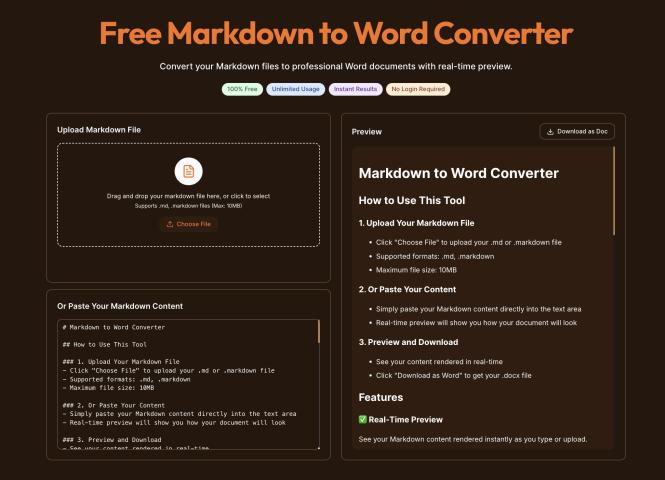In today’s fast-paced
work environment, maintaining efficiency and productivity is crucial to meeting
project deadlines and achieving business goals.
One of the most
effective ways to manage and optimize workflows is by using Kanban boards.
Whether you’re managing
a team or working independently, Kanban provides a visual, flexible, and
powerful system that can help streamline processes, minimize bottlenecks, and
enhance productivity.
In this blog, we’ll
explore what Kanban boards are, their key benefits, and how they can be used to
effectively visualize workflow and boost productivity across various
industries.
What is a Kanban Board?
A Kanban board is a
visual tool used to manage and track work as it progresses through different
stages of a workflow.
The board consists of
columns that represent various phases of a task or project, typically including
stages such as "To Do," "In Progress," and "Completed."
Each task is represented by a card, which moves across the board as it advances
through the workflow.
Kanban originated from
the manufacturing industry, specifically Toyota's production line, where it was
used to optimize inventory and production flow.
Today, it has evolved into a popular project management methodology used in industries such as software development, marketing, and general business operations.












